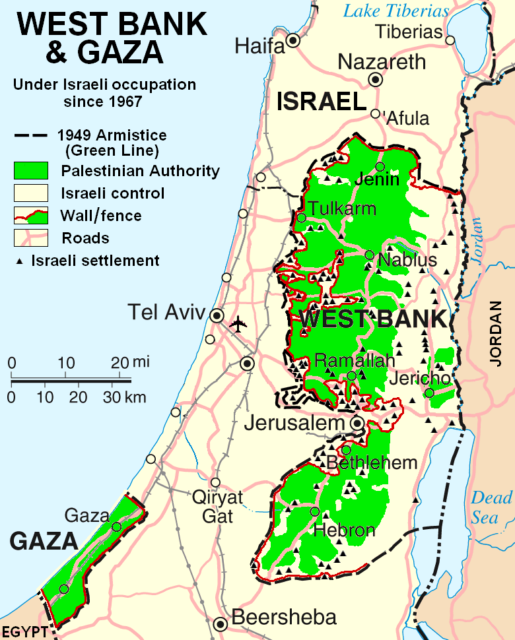Barbara Kay in the National Post:
Illuminating the validity of Col. Kemp’s statement, the Monday edition of the Wall Street Journal published an op ed by Israeli Brig. Ronen Manelis, spokesman for the IDF, titled “The Truth about Hamas and Israel.” In it Manelis reveals the depths of Hamas cynicism. Hamas provided free transportation to the security fence for all Gazans, including women and children. They were paid $14 a head or $100 per family to attend. The injured received $500. That’s pretty abominable. So’s this: Hamas gave everyone with a video camera VIP access to “the show,” and free wifi too to make sure no injury went unrecorded (both real and fake: one video shows an “injured” victim borne away on a stretcher hopping off completely unscathed when presumably out of camera range.)
According to Manelis, the “protest” theme was a complete fabrication: “The IDF had precise intelligence that the violent riots were masking a plan of mass infiltration into Israel in order to carry out a massacre against Israeli civilians.” Hamas operatives were dressed as civilians. On Facebook Hamas had posted maps for operatives indicating the fastest route from the border to nearby Israeli homes, schools and daycare centres. That’s abominable.
Manelis states that IDF soldiers “acted with courage and restraint, following strict rules of engagement to ensure minimum civilian injury and loss of life while still protecting the border.” The optics did not favour Israel, naturally, because the truth can’t make much headway when an enemy is prepared to put its own women and children in harm’s way, calculatedly using their bodies for propaganda purposes.
The IDF policy was indeed to warn first and shoot as a defensive action. Their first priority was, quite rightly, self-defence and defence of Israeli civilians. And as Manelis writes, “The soldiers of the IDF won this week by keeping Israeli families safe and by stopping Hamas from accomplishing its stated goals.”
But yeah, Hamas is winning the propaganda war, and the proof is that even a seasoned and objective journalist like Terry Glavin is so frustrated with the human cost of this reckless, feckless and essentially futile act of jihad, that he’s essentially asking Israel to find a way to stop it, as if there were some magical, casualty-free solution the IDF could employ, if only it chose to, in defending a border against a rabid mass of suicide-prone enemies.
Israel is constantly subjected to double standards — by the UN, by biased journalists, by anti-Semites on social media.




